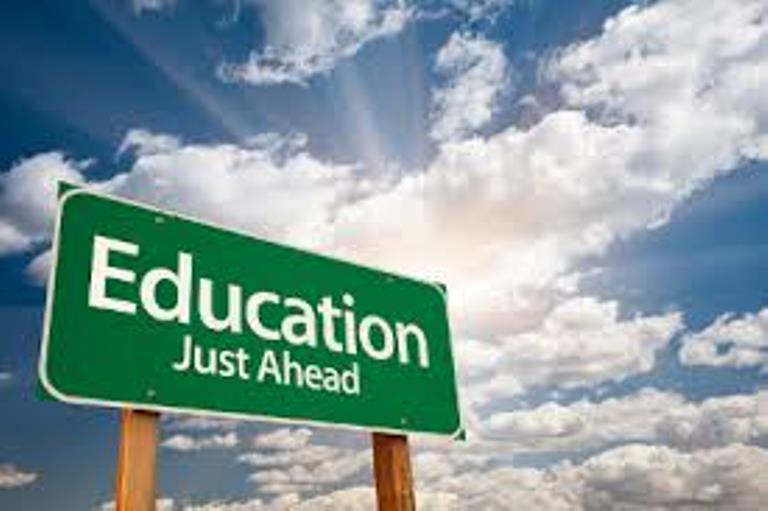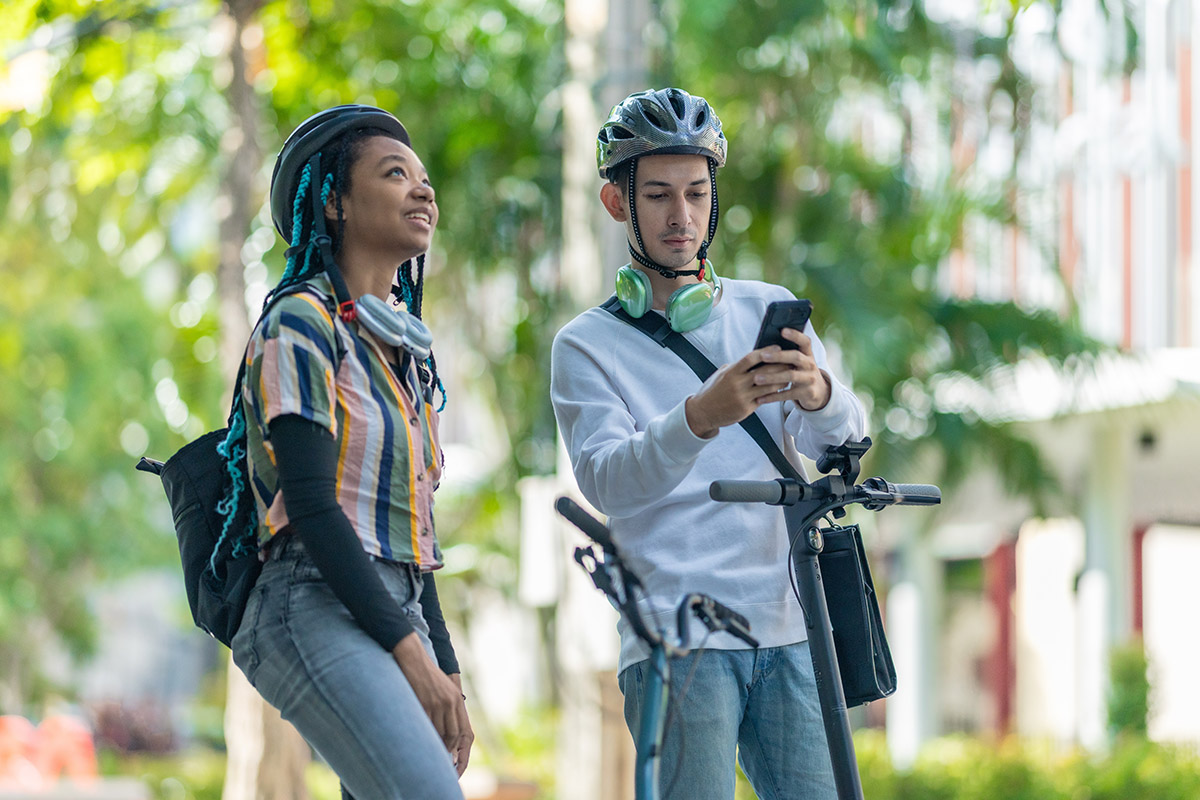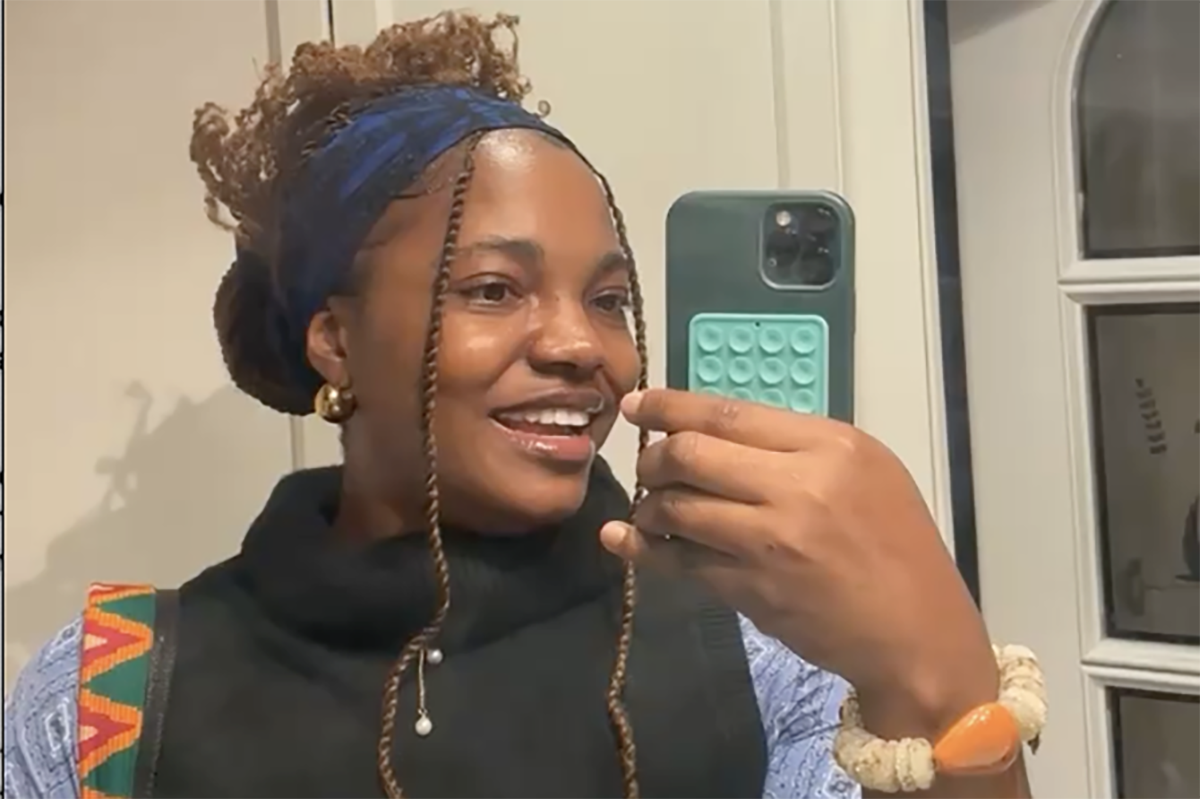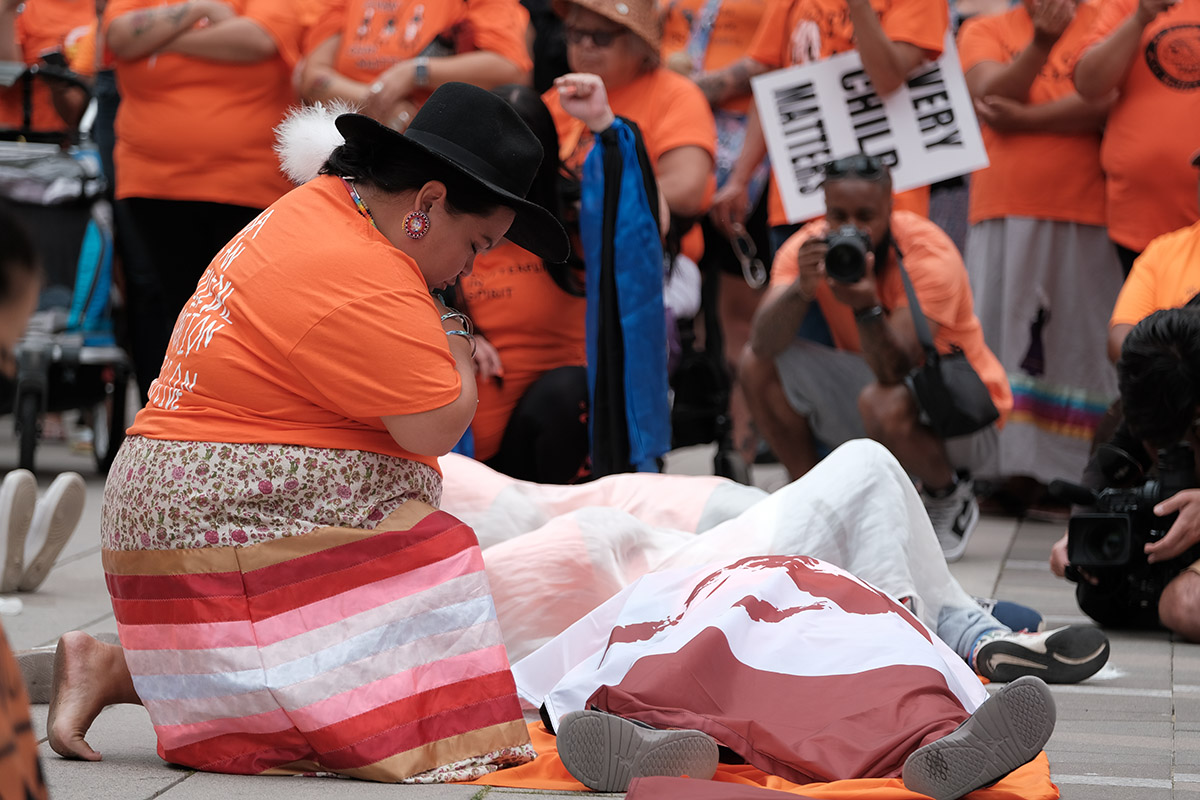"No barriers to education – the goal"
June 28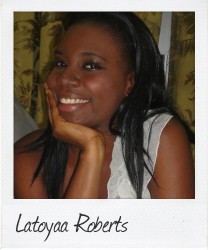 The goal of universal primary education is not easily achieved, writes Latoyaa Roberts, 26, a Commonwealth Correspondent from Trinidad and Tobago, who argues that progress can continue if commitment remains strong and barriers are tackled.
The goal of universal primary education is not easily achieved, writes Latoyaa Roberts, 26, a Commonwealth Correspondent from Trinidad and Tobago, who argues that progress can continue if commitment remains strong and barriers are tackled.
The post 2015 Millennium Development Goals are approaching.
Yet as a Global Youth Ambassador with A World at School and an advocate for universal access to primary education, I am worried that we the people of the world are failing in our commitment to ensure a good quality of life on this planet.
Even though globally the statistics have dropped for the number of students out of primary school education, the numbers are still daunting. Yes, literacy rates are rising and gender gaps are narrowing, however, over 57 million boys and girls are still out of school. A situation like this is not only mind boggling but heart wrenching because these youths are still a part of our world.
What more can we do to ensure that Millennium Development Goal number two, to achieve universal primary education, is met? Is it that our world leaders – and by extent we ourselves – have fooled the world into setting high achievement goals that are beyond the resources of each nation’s capacity and the accumulated global effort?
Or is it that the idea of universal primary education is too simplistic? Does every child really have the desire to conform to education systems that ignore differentiated learning, cultural complexities and individual choice? One might also wonder whether the rogue elements in society such as human trafficking, crime and corruption must be seriously addressed. They may be at the forefront of or correlating factors related to why the Millennium Development Goals cannot be achieved as quickly as we proposed. Rough speculation and some level of prediction indicates we may never achieve universal primary school education for all boys and girls globally until 2086 if we continue the current trend.
Although the scenario that is stated above seems abysmal, and maybe we are working with idealistic targets, the stride and hope for universal education should not be daunted. After all, enrolment in primary education in the developing regions globally was 90 per cent in 2010, which was up from 82 per cent in 1999.
The Caribbean, too, has played a significant part in creating the world’s success story. In Trinidad and Tobago, the governments past and present have made significant effort to allow universal education from the early childhood level all the way to tertiary level. Other commendable efforts in the region include initiatives in Barbados, the Bahamas, the Cayman Islands and the Organization of the Eastern Caribbean States (OECS) countries. The countries in the region that are challenged with education for all initiatives are primarily Jamaica, Haiti and Guyana, mainly because of political disagreements, lack of resources and difficulties with long-term implementation programmes, especially in rural or crime-stricken communities.
The matrix to achieve universal primary education is multifaceted and requires successive support from children, teachers, education administration, parents, local community, government, international organizations and the global community. In short it is a ‘multi-track’ approach. So I believe yes to optimistic millennium development goals that encourage the world to hold steadfast and push harder towards achieving universal primary education for all. I believe in the power of our policy makers and world leaders to devise strategies that would overall have a positive effect on society.
I believe in the power of the people to accept these initiatives and implement them whole heartedly with the hope of achieving the intended goals. I also believe in the accumulated efforts of the world to stand up in the fight for the eradication of poverty. Definitely, one way in which we can accomplish such a task is through having no barriers to education. According to Stephen R. Covey in his co-authored book, “First Things First”, we should all have to opportunity “to live, to learn, to love and to leave a legacy”.
Photo – Shutterstock, Andy Dean Photography
………………………………………………………………………………………………………………
About me:
The world is my oyster and I love exploring it. My best exploration thus far was as an English teacher in Japan, frequently visiting other Asian countries. Now, I am a Secondary School English teacher in my country but in the future I want to become a Communications Specialist for an international organization.
My first degree is in Communication Studies with Linguistics and International Relations. I also obtained a M.Sc in Global Studies and I am currently pursuing a M. Phil in International Relations.
………………………………………………………………………………………………………
Opinions expressed in this article are those of the author and do not necessarily represent the views of the Commonwealth Youth Programme. Articles are published in a spirit of dialogue, respect and understanding. If you disagree, why not submit a response?
To learn more about becoming a Commonwealth Correspondent please visit: http://www.yourcommonwealth.org/submit-articles/commonwealthcorrespondents/
…………………………………………………………………………………………………
